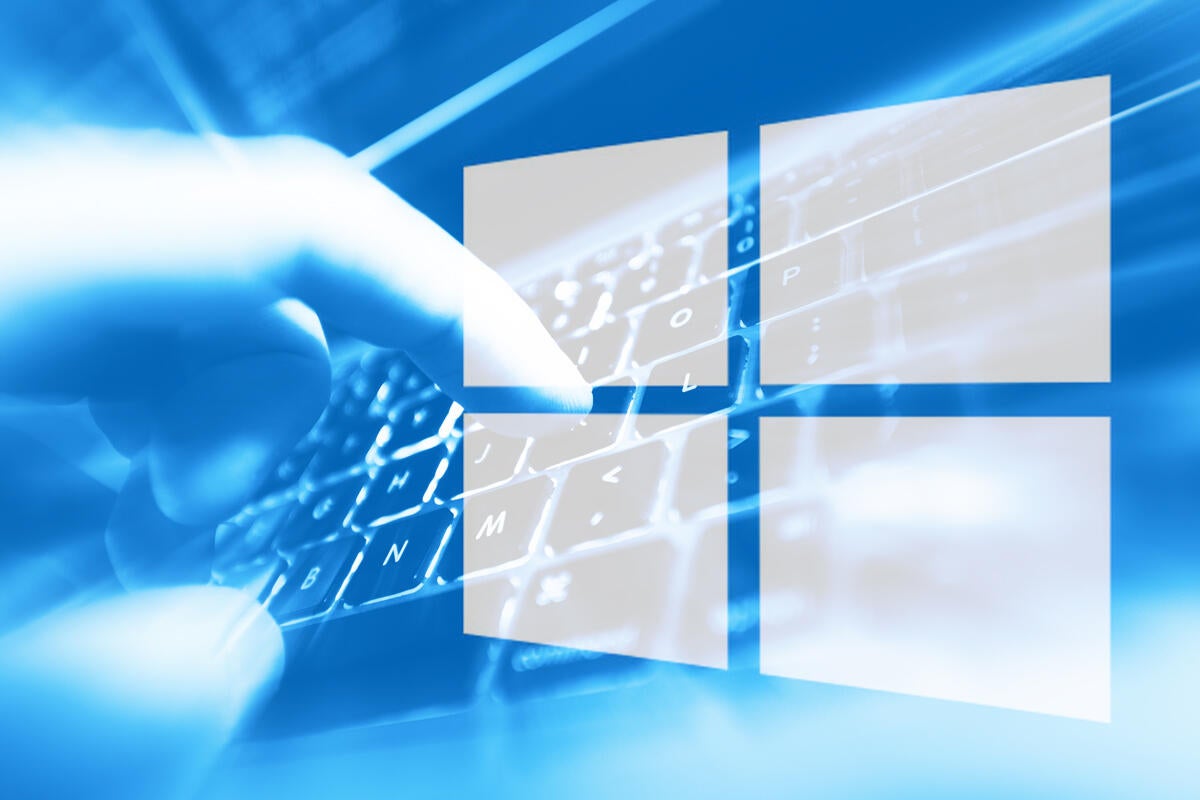Read Time:3 Minute, 44 Second
It was discovered that the Upper Level Protocol (ULP) subsystem in the
Linux kernel did not properly handle sockets entering the LISTEN state in
certain protocols, leading to a use-after-free vulnerability. A local
attacker could use this to cause a denial of service (system crash) or
possibly execute arbitrary code. (CVE-2023-0461)
Davide Ornaghi discovered that the netfilter subsystem in the Linux kernel
did not properly handle VLAN headers in some situations. A local attacker
could use this to cause a denial of service (system crash) or possibly
execute arbitrary code. (CVE-2023-0179)
It was discovered that the NVMe driver in the Linux kernel did not properly
handle reset events in some situations. A local attacker could use this to
cause a denial of service (system crash). (CVE-2022-3169)
Maxim Levitsky discovered that the KVM nested virtualization (SVM)
implementation for AMD processors in the Linux kernel did not properly
handle nested shutdown execution. An attacker in a guest vm could use this
to cause a denial of service (host kernel crash) (CVE-2022-3344)
Gwangun Jung discovered a race condition in the IPv4 implementation in the
Linux kernel when deleting multipath routes, resulting in an out-of-bounds
read. An attacker could use this to cause a denial of service (system
crash) or possibly expose sensitive information (kernel memory).
(CVE-2022-3435)
It was discovered that a race condition existed in the Kernel Connection
Multiplexor (KCM) socket implementation in the Linux kernel when releasing
sockets in certain situations. A local attacker could use this to cause a
denial of service (system crash). (CVE-2022-3521)
It was discovered that the Netronome Ethernet driver in the Linux kernel
contained a use-after-free vulnerability. A local attacker could use this
to cause a denial of service (system crash) or possibly execute arbitrary
code. (CVE-2022-3545)
It was discovered that the Intel i915 graphics driver in the Linux kernel
did not perform a GPU TLB flush in some situations. A local attacker could
use this to cause a denial of service or possibly execute arbitrary code.
(CVE-2022-4139)
It was discovered that a race condition existed in the Xen network backend
driver in the Linux kernel when handling dropped packets in certain
circumstances. An attacker could use this to cause a denial of service
(kernel deadlock). (CVE-2022-42328, CVE-2022-42329)
It was discovered that the NFSD implementation in the Linux kernel
contained a use-after-free vulnerability. A remote attacker could possibly
use this to cause a denial of service (system crash) or execute arbitrary
code. (CVE-2022-4379)
It was discovered that a race condition existed in the x86 KVM subsystem
implementation in the Linux kernel when nested virtualization and the TDP
MMU are enabled. An attacker in a guest vm could use this to cause a denial
of service (host OS crash). (CVE-2022-45869)
It was discovered that the Atmel WILC1000 driver in the Linux kernel did
not properly validate the number of channels, leading to an out-of-bounds
write vulnerability. An attacker could use this to cause a denial of
service (system crash) or possibly execute arbitrary code. (CVE-2022-47518)
It was discovered that the Atmel WILC1000 driver in the Linux kernel did
not properly validate specific attributes, leading to an out-of-bounds
write vulnerability. An attacker could use this to cause a denial of
service (system crash) or possibly execute arbitrary code. (CVE-2022-47519)
It was discovered that the Atmel WILC1000 driver in the Linux kernel did
not properly validate offsets, leading to an out-of-bounds read
vulnerability. An attacker could use this to cause a denial of service
(system crash). (CVE-2022-47520)
It was discovered that the Atmel WILC1000 driver in the Linux kernel did
not properly validate specific attributes, leading to a heap-based buffer
overflow. An attacker could use this to cause a denial of service (system
crash) or possibly execute arbitrary code. (CVE-2022-47521)
Lin Ma discovered a race condition in the io_uring subsystem in the Linux
kernel, leading to a null pointer dereference vulnerability. A local
attacker could use this to cause a denial of service (system crash).
(CVE-2023-0468)
It was discovered that the file system writeback functionality in the Linux
kernel contained a user-after-free vulnerability. A local attacker could
possibly use this to cause a denial of service (system crash) or execute
arbitrary code. (CVE-2023-26605)
